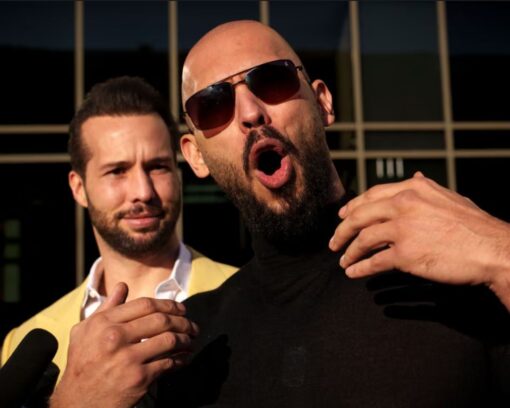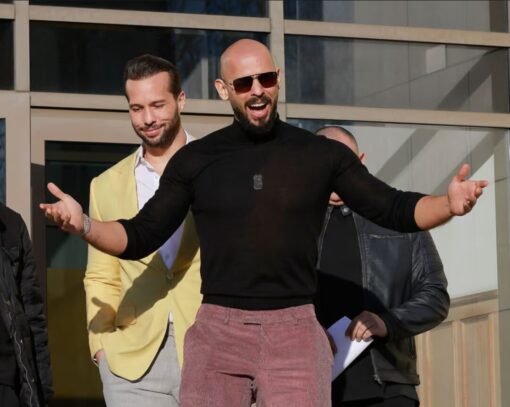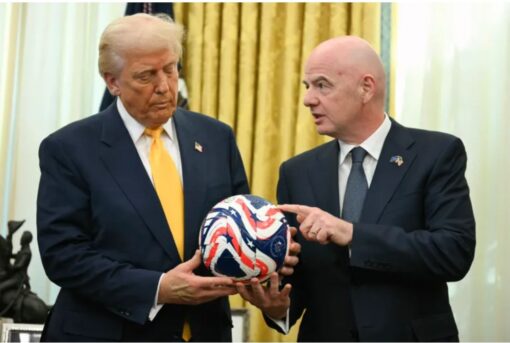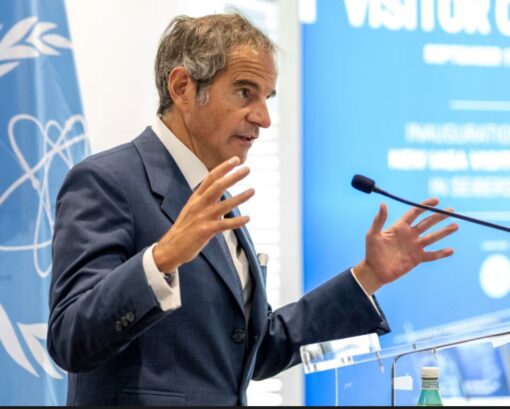LONDON – Four women who allege they were sexually abused by social media personality Andrew Tate have formally lodged a complaint with the Independent Press Standards Organisation (Ipso), claiming a recent interview in the Spectator magazine was misleading and downplayed the severity of the criminal allegations against him and his brother, Tristan Tate.
The women, who are pursuing a high court claim against the Tate brothers for rape, coercive control, assault, and battery, have expressed outrage over the interview conducted by deputy editor Freddy Gray.
The piece, published in the Michael Gove-edited magazine, reportedly suggested that the ongoing criminal proceedings might eventually “melt away,” a characterization the women describe as both false and damaging.
In a statement, the alleged survivors said, “we are disgusted by this Spectator interview with Andrew Tate and his brother. These are men who UK authorities have authorised 21 charges against for alleged crimes including rape, actual bodily harm, and human trafficking. How can the Spectator think it’s appropriate to interview these men but fail to ask them one question about the allegations against them?”
The complaint highlights concerns over journalistic responsibility and the portrayal of high-profile figures accused of serious crimes. The women’s lawyers claim that Gray’s reporting misrepresented the status of the criminal case against the Tates in Romania.

According to the complaint, the article implied that the case was stalled or weak, while official court records show the matter was returned to prosecutors due to procedural and evidential irregularities, with charges still active and unresolved.
Gray’s article framed the Tates as controversial influencers within the so-called “manosphere,” calling them “infamous: the vilest beasts of the manosphere, monetisers of misogyny and leading purveyors of far-right hate.”
Despite this, the article repeatedly allowed the brothers to present their version of events unchallenged, including claims that they had been “set up” by Romanian authorities and that a $50m PR offer was rejected to prevent them from continuing their online commentary.
The Spectator defended the piece, emphasizing editorial independence and the right of readers to form their own judgments on contentious figures. A spokesperson for the magazine stated, “the Spectator allows its readers to make their own minds up on controversial questions. Regulators are not there to police what is acceptable speech.”
The controversy deepens as both Andrew and Tristan Tate remain subject to multiple legal proceedings. In the UK, Andrew Tate faces 10 charges connected to three alleged victims, including rape, human trafficking, actual bodily harm, and controlling prostitution for gain. Tristan Tate faces 11 charges connected to one alleged victim, including similar criminal allegations.
The women’s lawyers additionally criticized the article for its portrayal of the Tates’ online platform, Hustlers University, now known as The Real World. Gray described it as “an online platform for young men looking for purpose and ways to make money outside traditional employment.”
The alleged survivors argue that this description glamorizes the brothers’ operations without critically examining claims that the platform facilitated exploitation and abusive behavior.
Matt Jury, the women’s lawyer, said, “The article uncritically repeats the brothers’ assertions, presenting them as victims of a conspiracy without proper scrutiny. This misleads the public and undermines the gravity of the allegations against them.”
The legal proceedings against the Tate brothers are ongoing, with Romanian courts handling the extradition request from the UK, which was approved but deferred pending the completion of local proceedings. Bedfordshire Police have also secured a European arrest warrant, further complicating the legal landscape for the brothers.
The case has drawn widespread attention due to the Tates’ international social media presence, which has cultivated a following that often promotes extreme misogyny and far-right rhetoric. The conflict between journalistic coverage and alleged criminal activity raises questions about how media outlets should report on figures who wield significant influence online while facing serious allegations.
Experts on media ethics stress that while controversial personalities may attract attention, reporting must balance editorial freedom with accuracy and context.
Professor Elaine Morrison, a media studies scholar, said, “It is one thing to interview a public figure; it is another to present their narrative in a way that diminishes ongoing legal cases. Journalists have a responsibility to convey the factual status of legal proceedings and the severity of allegations.”
Michael Gove, who became editor of the Spectator in September 2024 following the magazine’s £100m acquisition by British hedge fund RedBird, has been at the center of discussions about editorial direction. Although Gove was not directly responsible for the article, critics have raised questions about the magazine’s approach under his leadership.
The Ipso complaint marks an important step for alleged survivors in challenging narratives they perceive as minimizing abuse. While the Spectator maintains that its reporting adheres to editorial standards, the complaint could prompt further scrutiny over how high-profile magazines cover figures accused of serious crimes.
In addition to legal and journalistic debates, the case highlights broader societal discussions about the normalization of misogyny and the influence of online communities.
Andrew Tate, often described as a misogynist influencer, has used social media to promote controversial viewpoints, drawing millions of followers worldwide. Advocates for media accountability argue that this influence amplifies the potential harm caused when allegations are misrepresented or downplayed in mainstream publications.
The controversy surrounding the Spectator article also underscores the tension between celebrity culture and legal accountability. While public fascination with figures like the Tates is undeniable, experts emphasize that media platforms must prioritize factual accuracy and the rights of alleged victims.
Gray’s framing of the Tates’ legal situation has raised concerns about journalistic glamorization, particularly in the context of complex international cases.

Legal analyst Dr. Samuel Harding noted, “misrepresenting the status of criminal charges can lead to a distorted public perception of justice. It is especially problematic when high-profile individuals with significant influence are involved, as it can undermine confidence in legal processes.”
As the Ipso complaint proceeds, attention is likely to remain on the balance between free speech, editorial independence, and the responsibility to provide accurate information. The case may also set a precedent for how publications handle coverage of controversial influencers facing serious allegations abroad.
In conclusion, the Andrew Tate controversy reflects the intersection of media ethics, celebrity influence, and legal accountability. The women who have filed the complaint insist that accurate reporting is essential to prevent glamorization of alleged abusers and to maintain public trust in journalistic standards.
“How can the Spectator think it is appropriate to interview these men without addressing the allegations against them?” the women’s statement asked. The question underscores ongoing debates about the role of media in representing the truth and the protection of victims in high-profile cases.
With both UK and Romanian legal proceedings continuing, the Tate brothers’ public profile, and the scrutiny of the Spectator, this case is likely to remain a focal point for discussions on journalism, justice, and online influence for months to come.


